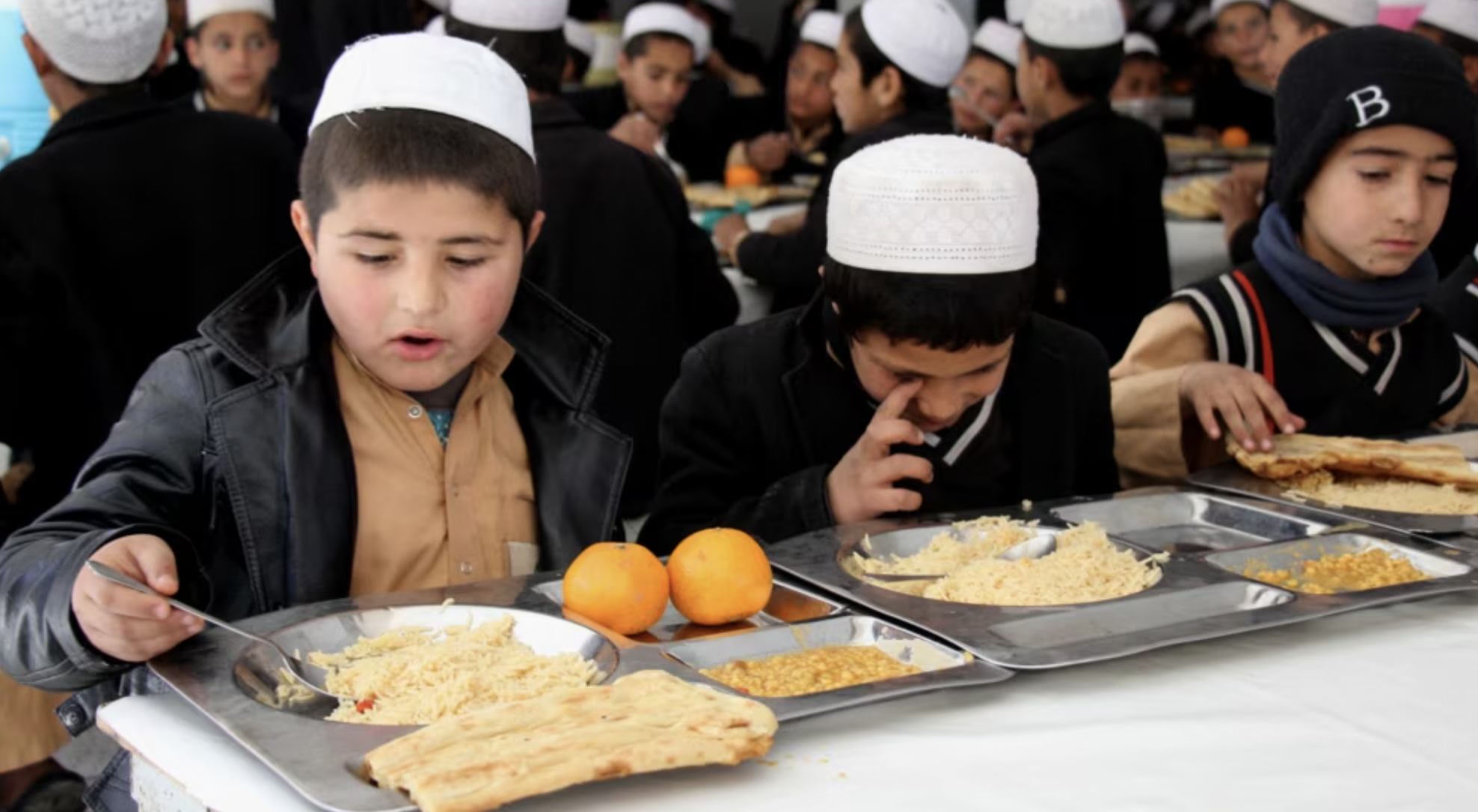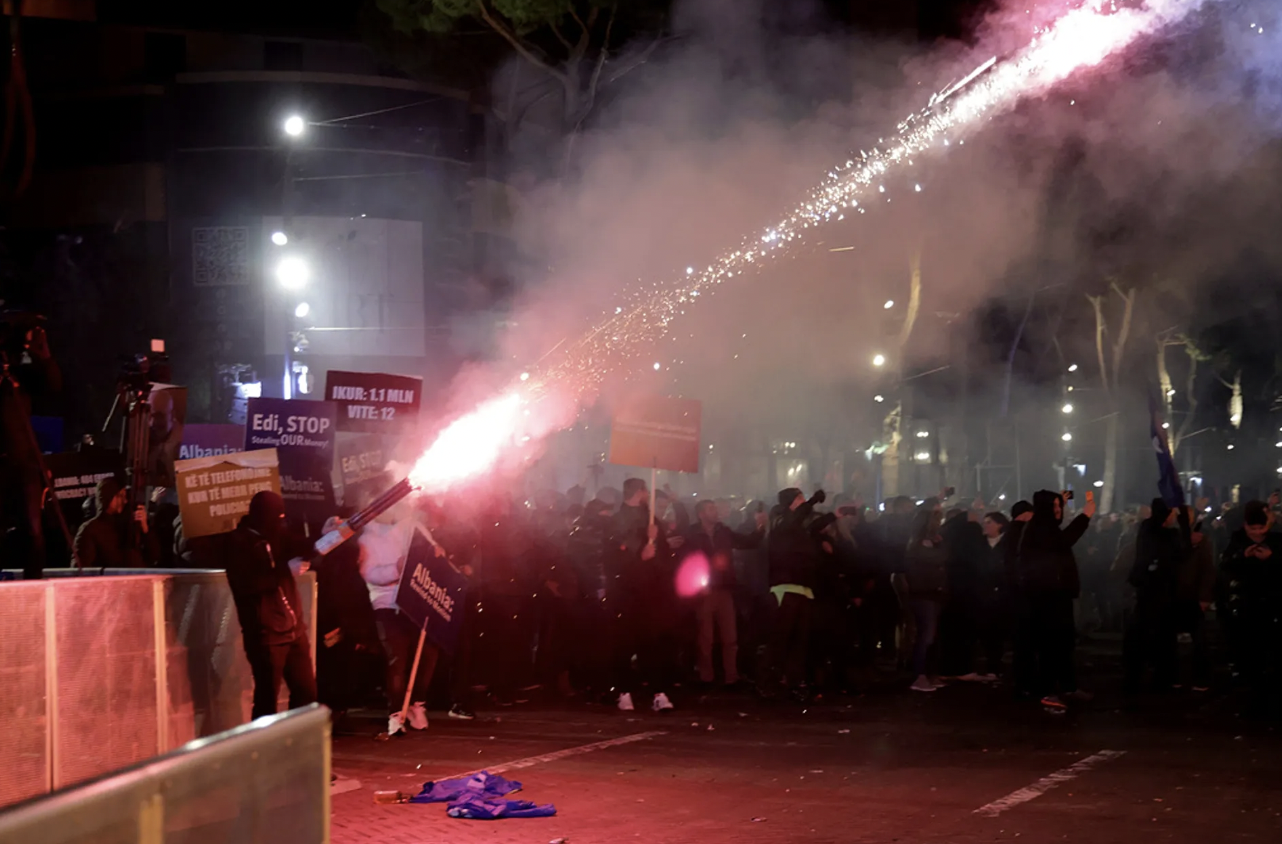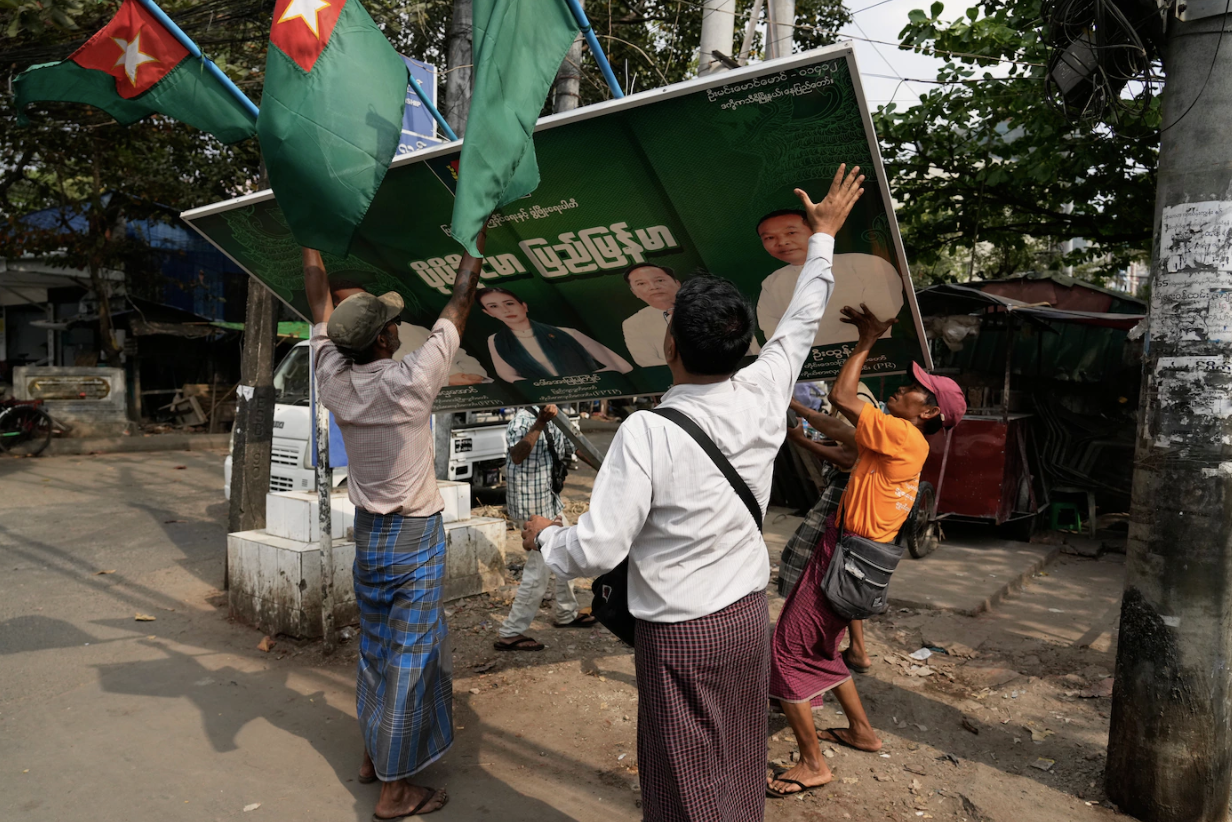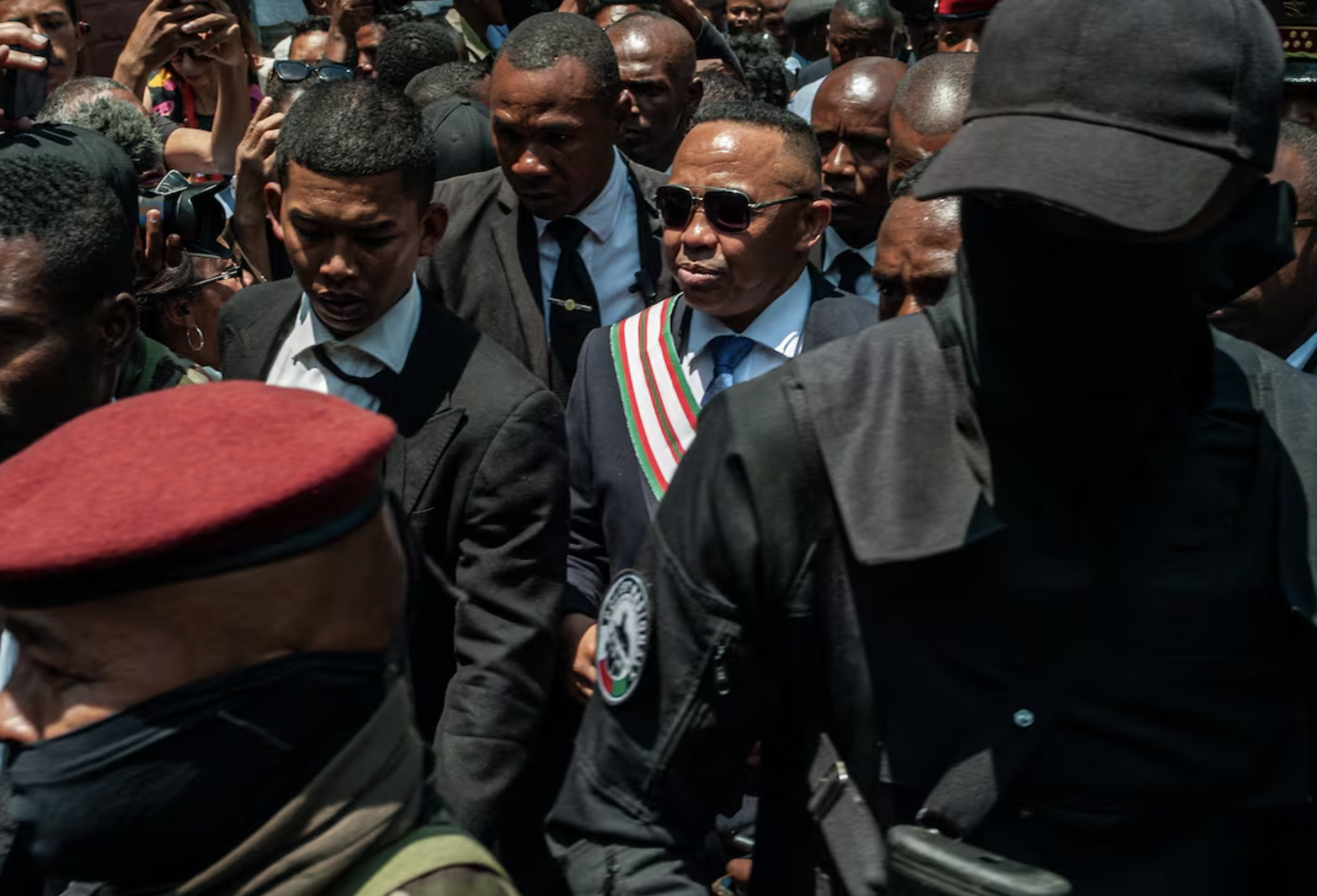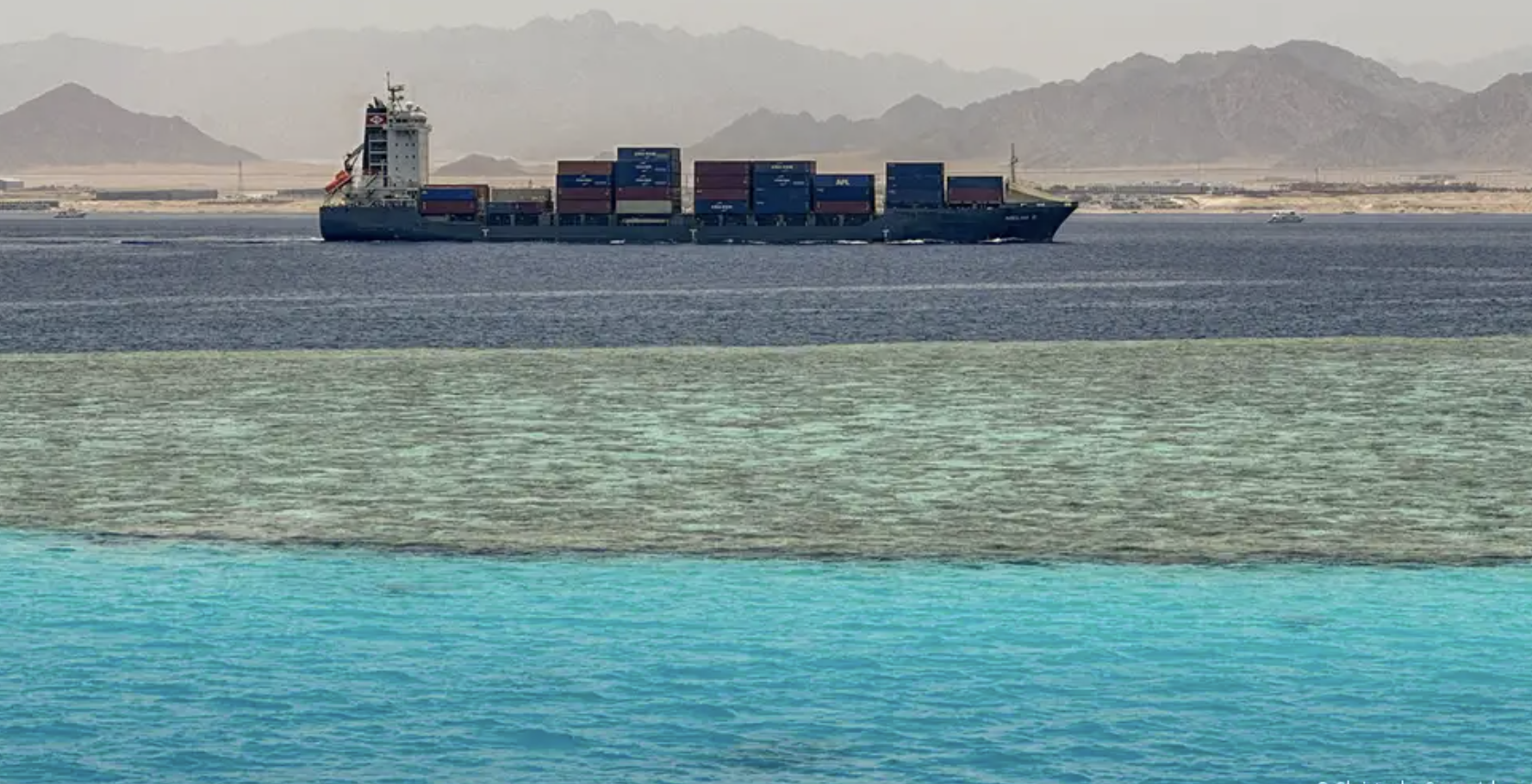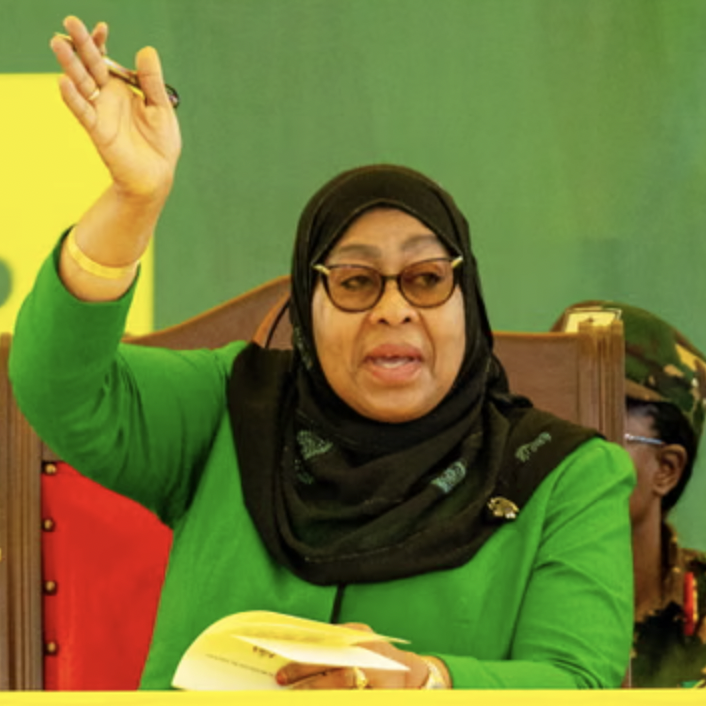Latest News:
Breaking News
In Afghanistan, the Taliban are tightening their grip over a population that is already broken by war, this time by moving against private children’s homes that have been sheltering and schooling thousands of vulnerable kids. In recent weeks, Taliban officials have forcibly shuttered several privately run care facilities and transferred the children, many of them orphans, into state-run institutions. The authorities insist this is about “oversight” and “standardized” care; critics hear something else: the state absorbing the last semi-independent spaces where children can be raised outside the Taliban’s ideological pipeline. One of the clearest examples is the closure of Rayan Children in Kabul, a private home funded by Afghan-American singer Shafiq Mureed and his wife. Mureed described Taliban officials arriving without warning, citing a decree by the Taliban’s supreme leader that was not made public, and ordering the facility shut. The children, he said, cried, not because they preferred “private” to “public,” but because their teachers, cooks, guards, and caregivers had become the only stable family many of them had left. Even the staff are disposable in this logic: dozens of workers abruptly lose jobs, while children lose routines, trust, and any sense that adults keep promises. The Taliban’s Ministry of Labor and Social Affairs claims it already runs dozens of children’s homes, and says it is “merging” private centers into ministry orphanages so needs can be addressed uniformly. That language matters: uniform is another word for controllable. Child rights advocates warn that sudden transfers, especially for orphaned children, can cause severe psychological harm, disrupt education, and shove traumatized kids into institutions that often lack resources, let alone specialized care. In a country where the orphan crisis is enormous, frequently cited at around 1.6 million children, this kind of forced reshuffling is not a bureaucratic adjustment; it’s a mass displacement of the smallest, quietest victims. This crackdown also fits a wider Taliban pattern: bring private education and caregiving under state control, then bend it toward religious hardening. Since returning to power, the Taliban have aggressively expanded and elevated madrasah-style schooling while sidelining modern secular education, especially for girls, creating a system where “care” and “instruction” become instruments of obedience. When a regime decides it alone should raise the children of a devastated country, it is not simply offering protection; it is claiming ownership over the next generation’s mind.
What Xi Jinping’s purge of China’s most senior general reveals
An Apparent Calm With a Long Shadow: Revisiting Central Asia’s Illiberal Peace
Russia using Interpol's wanted list to target critics abroad, leak reveals
My survival guide to the Kremlin’s winter of terror in Kyiv
Over 36,500 killed in Iran's deadliest massacre, documents reveal
'Half of my friends were killed' - the girls returning to a school caught up in war
North Korea's Kim purges vice premier, slams ‘incompetent’ officials
Death toll rises to 10 in gangsters’ attacks on Guatemalan police as state of emergency is declared
Hackers target Iran state TV's satellite transmission to broadcast exiled crown prince
Dozens of IS prisoners freed in Syria amid clashes between army and Kurdish-led forces
Iranians Living Under Virtual Lockdown After Deadly Protests
The Chinese Island Where Dreams of Real Estate Glory Never Die
Uganda’s president calls opponents 'terrorists' in victory speech
Influential China church reports arrests as crackdown on Christians intensifies
Continuing Conflicts
China’s military technocrats are doing what authoritarian systems do best: turning ambition into procurement, and procurement into inevitability. According to reporting based on patent filings, research papers, and PLA tenders, Beijing is pushing hard toward AI-enabled swarms, drones and ground robots that can search, coordinate, and strike with minimal human input. To train these systems, researchers at Beihang University reportedly modeled drone-on-drone combat on predator and prey behavior: defenders “think” like hawks, attackers maneuver like doves, and in one simulated test the hawks wiped out the opposing swarm in about five seconds, a neat, brutal demonstration designed to make the future feel already decided. The broader story is not one clever algorithm; it’s scale, and the political logic behind it. China can manufacture enormous numbers of small drones, and that industrial advantage makes swarm warfare attractive: overwhelm defenses, drain interceptors, saturate radar screens, and keep attacking even when communications are jammed. Chinese state media has showcased truck-mounted launch systems that can push dozens of drones into the air at once, with claims that multiple launchers can generate swarms in the hundreds—an image of massed, automated firepower that fits a state that prefers quantity, coordination, and control. But the detail that lingers is why this is so seductive to Beijing. The article points to a persistent anxiety in PLA writings about the competence of commanders, Xi’s complaints about the “five incapables,” the fear that humans hesitate, misread, or improvise poorly under pressure. In a rigidly top-down system, autonomy is less a moral hazard than a tempting workaround: if you can engineer decision-making into machines, you can keep command centralized while still moving fast. It is, in its own way, the authoritarian fantasy of perfect obedience, war run as an optimized workflow. Yet the same reporting underlines the danger: the more you hand lethal agency to systems you do not fully understand, the easier it becomes to kill without accountability. One PLA-linked tender described capabilities that read like a dystopian shopping list, AI-generated deepfake content, broadcast methods, and “cognitive warfare” tools, alongside unmanned systems for reconnaissance and coercion. Even if not all of it becomes real, the interest itself is revealing: modern force isn’t only about destroying targets, it’s about manufacturing reality, intimidating populations, and then blaming the “algorithm” when things go wrong. The black box becomes a political shield. If this is where the technology is headed, Taiwan is the obvious proving ground people whisper about, dense air defenses, brutal geography, and the kind of fight where swarms could be used to loiter, hunt, and exhaust an opponent before human pilots ever take off. The most unsettling possibility isn’t that the machines are unstoppable; it’s that leaders on all sides will feel pressured to trust them anyway, because the tempo of modern war punishes hesitation. That is how “experimentation” becomes doctrine: not because it is safe, but because a rival might get there first.
Half of all Sudanese children not in education due to civil war
Damascus extends truce with Kurds in northeast Syria
Electoral violence is on the horizon in Kenya
Aftermath challenges daily life in Syria
Norwegians told to prepare for wartime property seizures
My children were recruited in a trafficking scam. I joined a police hunt to find them
Sudan paramilitary forces say 'regret' deadly Chad border clash
'Muslim NATO': Turkey in advanced talks to join Saudi-Pakistan mutual defense pact
China Won’t Save Iran’s Regime – But Chinese Surveillance Technology Might
Russian strikes on Ukraine's Dnipropetrovsk leave one million without water and heat
Lebanese army says it has taken over security in Hezbollah-dominated soutSaudi Arabia’s allies in Yemen oust UAE-backed separatist from government
Survivors recount RSF gang rape in Sudan; infants among victims
Iran anti-government protests spread to majority of provinces, videos show
Europe
Albania’s opposition has brought thousands into the heart of Tirana this weekend, but the night ended the way brittle systems often do: not with a political concession, but with tear gas, water cannons, and a familiar spiral of blame. The rally, led by Sali Berisha, the former prime minister turned opposition figurehead, demanded Prime Minister Edi Rama’s resignation and a “technical government” to run early elections. After the speeches, some protesters hurled stones and Molotov cocktails; police answered with force, and at least 10 officers were reported injured as arrests mounted. What makes the scene more than street theatre is the context: Albania’s anti-corruption machinery is now grinding loudly enough that it is shaking the cabinet and the opposition at the same time. The immediate accelerant is the case of deputy prime minister Belinda Balluku, also infrastructure and energy minister, who was suspended by a special anti-corruption court in November, temporarily reinstated by the Constitutional Court in December, and now faces renewed parliamentary scrutiny over lifting immunity that could enable arrest. Rama has framed the suspension as an intrusion on the executive; prosecutors frame it as the rule of law finally attempting to bite. But the credibility problem does not stop at the government’s door. Berisha’s own corruption trial has been underway, with accusations tied to alleged favoritism in public land and construction deals, claims he calls political persecution. In practice, this means Albania’s public is being asked to choose between rival camps who both insist they are cleansing the state, while each drags behind them a long shadow of patronage, procurement, and immunity. That is not a healthy polarization; it is a competition over who gets to control the levers of impunity. The deeper indignity is that “anti-corruption” becomes a street slogan precisely when institutions feel too weak, or too captured, to deliver accountability without spectacle. When courts act, politicians call it a conspiracy; when politicians block, they call it stability. In the meantime, ordinary Albanians are left with the oldest bargain in Balkan politics: take your side, accept the mess, and hope the next set of men steals a little less than the last.
Georgian Dream embarrassed by revelation that Tbilisi is paying premium for Russian gas
The Collapse That Created Today’s Russia
British Sikhs save teenage girl in London: Inside the UK's grooming gang scandal
Regions Calling: Why a Buryat Woman Stood Up to Russia’s Police Racism
After presiding over Georgia’s free speech crackdown, Kobakhidze calls for ‘healthy’ public debates
Polish minister warns of ‘dangerous precedent’ as Hungary’s Orbán grants asylum to fugitive politician
UAE limiting students coming to UK over Muslim Brotherhood concerns
What the Bella-1 Teaches Us About Targeting Shadow Fleets
From master spy to lead negotiator What does Zelensky’s new chief of staff, Kyrylo Budanov, bring to the peace talks?
Papuashvili urges Georgians to listen to the Church instead of Brussels
How Trump humiliated Putin on the high seas
Ramzan Kadyrov’s eldest son appointed acting vice-premier of Chechnya
BIRN Reality Check: Public Opposition to Foreign Workers Growing in Croatia
US seizes Russian tanker in Atlantic
French doctors striking over 'authoritarian drift' in universal healthcare system
Asia
Myanmar’s junta has spent five years proving that brute force can hold a country hostage, but it still craves the softer alchemy of legitimacy. This week’s final round of voting was sold as an “election,” yet it functioned as a choreographed ritual meant to certify what the guns already decided in 2021: the generals remain in charge, just with a civilian mask pulled over the uniform. The ballot was restricted to districts the military actually controls, while vast areas remain consumed by civil war and resistance governance, an admission, in practice, that the regime cannot even safely pretend to rule the whole state. The article’s sharpest point is that the architecture of this outcome was not drafted in Naypyidaw but in Beijing. China’s officials have treated Myanmar’s crisis less as a moral catastrophe than as a border-management problem: stabilize the frontier, protect projects and corridors, and keep a weak, dependent regime in place. Chinese envoy Deng Xijun has explicitly framed the election as reflecting understandings between Min Aung Hlaing and Xi Jinping, and Chinese observers have been present as the process rolled forward, quietly recording margins, lending presence, and providing the one form of external validation the generals can still reliably access. On the ground, the “vote” read less like civic participation than compliance under supervision. Reuters and other reporting describe low enthusiasm and fear-driven turnout patterns; credible accounts also describe coercion, people voting because they believe their jobs, documents, or safety depend on it. The military-backed USDP has been positioned to dominate from the start: major opposition forces are banned or dismantled, political prisoners remain behind bars, and campaigning exists in a narrow corridor of permission where a careless sentence can still become a prison term. In other words, the junta has not persuaded the public, it has simply narrowed the definition of “public” to whoever can be controlled. The junta’s sales pitch is that this manufactured “transition” will reduce violence and coax the world back into doing business. But the economy has cratered under military rule, and the conflict dynamics haven’t softened: airstrikes, displacement, and a hollowed-out state continue to define daily life beyond the relative “bubble” of Yangon. Even if a quasi-civilian government is announced, the hard truth remains that power in Myanmar still flows through the security services, not the parliament, and any new faces will operate inside the same cage. Internationally, this election is unlikely to buy the legitimacy the generals want from democratic states: the process has already been widely denounced as neither free nor fair, and the regime remains diplomatically isolated. What it may accomplish is a narrower goal: give regional actors just enough procedural cover to reengage under Chinese pressure, normalize transactions, and call it “pragmatism.” That is the bleak genius of staged elections under authoritarian rule, they are not designed to reflect reality, but to exhaust everyone into accepting it.
At Pakistan’s Afghan border, a trade shutdown empties markets
Vietnam Is Close to Launching Its Own Version of a China-Style Social Credit System
Farmers In Uzbekistan Say Land Forcibly Taken For 'Chinese Projects'
How bad is Delhi’s air? Like smoking half a pack of cigarettes.
Pakistan Creates Special Security Unit To Protect Chinese Citizens Amid A Rise In Attacks
Can a dynastic heir lead a post-dynasty Bangladesh?
Can Xi Jinping Make China Spend?
Afghan refugees at risk as deportations surge in Pakistan
‘Romance fraud billionaire’ sent to face justice in China
US indy finds more oil in Vietnam field after appraisal well success
Turkmenistan legalises crypto mining and exchanges in shift for economy
China Sells the World on Its Duty-Free Island, Amid a $1 Trillion Trade Surplus
How Chevron Aims to Tap More Oil Below Kazakhstan’s Grassy Plains
Africa
In the weeks after Madagascar’s October 2025 coup, the island’s new strongman began speaking a language that authoritarian patrons understand fluently: fear. Colonel Michael Randrianirina, sworn in as president after youth-led unrest toppled his predecessor, has publicly framed himself as a threatened man in a threatened state, promising a transitional military rule even as the African Union moved to suspend and condemn the takeover. That personal insecurity is not incidental; it is the entry point. El País reports that in late December, a roughly 40-person Russian delegation led by General Andrei Averianov (described as the head of the Africa Corps) met Randrianirina and offered what Moscow has learned to sell best in fragile post-coup environments: protection for the leader, training for the guard, and a symbolic starter kit of weapons, drones and small arms, wrapped in the language of “cooperation.” The message is familiar: safety now, questions later, payment in resources and alignment. This is not a new Russian invention so much as a hardened template. In the Central African Republic, Mali, and other crisis states, Russian-linked forces have marketed themselves as regime insurance, able to fight, intimidate, and “secure” territory while securing access to mines, contracts, and influence. After Prigozhin’s death, Reuters and other analysts have described the Africa Corps as a more Kremlin-controlled successor structure that can keep the same footprint while looking, on paper, more official. The brutality and opacity don’t disappear; they simply get rebranded, then re-exported. Madagascar’s importance is not only its resources, but its geography: an Indian Ocean hinge, sitting beside major sea lanes in the Mozambique Channel, close enough to matter to anyone playing the long game of ports, surveillance, and leverage. In that context, “security assistance” is rarely just about security; it is about building a dependency relationship that survives ministers, elections, and even constitutions. And while Russia’s overall share of Africa’s arms imports fluctuates, it remains a major supplier across the continent, meaning Moscow’s influence is reinforced not just by mercenaries, but by pipelines of hardware, trainers, and maintenance ties that outlast headlines. The indignity here is structural: a country shaken by unrest is offered “stability” in exchange for sovereignty, with the bargain negotiated over the heads of ordinary people who will pay the price if the new order turns predatory, as these arrangements so often do. When protection becomes a political economy, the state stops serving the public and starts serving the perimeter: the palace gate, the presidential guard, the men who promise loyalty, and the foreign patrons who quietly invoice the future. /
Kenya's ex-deputy president alleges assassination attempt in church attack
Half of all Sudanese children not in education due to civil war
Militarising the Sahel will not defeat terrorism
Sudan's women face 'world's worst' sexual violence amid brutal conflict, minister says
Wife of Uganda’s opposition leader describes moment armed men attacked her at home
Nigeria: Gunmen kidnap more than 160 in church attacks
Kenya seeks $824mn from pipeline company privatisation as debt pressures mount
Saudi Arabia opens new gold market in Africa, ending Dubai’s long-standing dominance
Uganda police deny arresting opposition candidate amid clash over election credibility
US pursues integrated strategy to stabilise Libya, safeguard interests
Christians targeted in systematic kidnapping campaign in Nigeria by jihadi herdsmen, experts say
South Sudan: Abusive ‘Anti-Gang’ Crackdown
Burkina Faso's junta claims to have foiled 'yet another attempt at destabilisation'
Rights group calls for Egypt to improve access to education and healthcare
Middle East
Saudi Arabia’s latest round of defense courting is less about pageantry than about geography, and anxiety. Riyadh is reportedly exploring fresh security arrangements with Egypt and Somalia, an arc that would tighten its reach along the African shore of the Red Sea and around the Bab el-Mandeb chokepoint, where global shipping has already learned how quickly “faraway wars” become everyone’s problem. If Cairo and Mogadishu are the map, Turkey is the muscle Riyadh is quietly testing. Bloomberg has reported that Ankara is considering joining an existing Saudi-Pakistan mutual defense framework, an idea some commentators have rushed to brand an “Islamic NATO,” as if a slogan can substitute for doctrine, interoperability, and trust. The more plausible reading is simpler: Saudi Arabia wants options, technology transfer, training pipelines, and partners it can call without waiting for Washington to pick up the phone. But the subtext is the feud no one can fully conceal: the Saudi-UAE rivalry that keeps bleeding into Yemen and beyond. Even as Gulf leaders insist there is “no rupture,” the region is thick with signs of competitive security patronage, each capital building its own lattice of clients, ports, basing rights, and proxy forces. On the other side of that bargain sit weaker states offered “protection” that often arrives bundled with dependency. And there is a final irony that never quite makes it into official communiqués: these deals are marketed as stabilizers, yet they are born from instability, Red Sea disruptions, proxy wars, and the slow realization that alliances are transactional. If Riyadh is building a new security architecture, it will not be a clean replacement for the old one; it will be another layer of militarized insurance, purchased in a region where the premiums are routinely paid by civilians who never signed the policy.
What’s Buried by Baghdad’s Construction Boom
Syria opens humanitarian corridor to Kurdish town of Kobane after ceasefire extended
Iraq set to crown Nouri Al-Maliki as next Prime Minister
Russia may be forced to give up its base in northern Syria. What does that mean for Moscow?
Iran’s two crypto economies: state guile and household survival
Saudi Arabia to scale back flagship NEOM project: report
Power vacuum in Yemen threatens biodiversity of the one-of-a-kind Socotra archipelago
Aid cuts push Yemen towards catastrophe as famine pockets feared: Report
Who are the Kurds?
Teenager among Iranian protesters sexually assaulted in custody, rights group says
Saudi banks borrow abroad at fastest ever pace
Rich Iranians partied as their countrymen died
Uganda’s $4 billion national refinery advances as UAE-backed contracts are finalized
Saudi Arabia becomes world’s second-largest aid donor
Iran cuts internet and telephone access nationwide amid protests
Lebanon Claims Progress in Disarming Militant Groups Like Hezbollah
Americas
In Granma, a Cuban mother has done what the state quietly relies on people not doing: she made the collapse visible. Neldis Maceo Cabrera posted a public denunciation describing her daughter Érika Sabrina’s ongoing pain, severe headaches that basic analgesics no longer touch, and the absence of the specific medication that could ease her suffering. Her language is not “political” in the abstract sense. It is administrative fury: she says officials and party leaders promised help, then disappeared behind procedure, leaving her child to endure what can’t be bureaucratically filed away. What makes her account so bleak is the way scarcity becomes a second illness. She says the medicine is effectively only accessible through the informal market, at a cost she estimates around 36,000 Cuban pesos per year, a figure that reads like a sentence, not a price. This is the quiet violence of shortages: the state doesn’t have to deny care outright; it only has to ensure that care exists elsewhere, in a parallel economy where suffering is rationed by money and connections. Her post also folds in smaller betrayals that, in Cuba’s current reality, are not small at all, promised milk deliveries that never materialize, reassurances that dissolve as soon as the meeting ends. The mother’s tone suggests a familiar pattern: the appearance of concern, the staging of responsiveness, and then the return to abandonment. “They are playing with my daughter’s health,” she writes, an accusation that cuts because it implies intent, not just incompetence. Érika Sabrina’s story has been public before. The article notes that in November 2025, after nearly four years in hospitals, she was finally able to return home, only after public pressure, and amid claims that authorities would not guarantee an ambulance for her transport. The girl’s wish is painfully modest: to spend what time she has left at home with her sisters. Even that becomes a negotiation with a system that treats basic dignity like a favor. This is what institutional neglect looks like in its most distilled form: not a dramatic scandal, but a mother forced into the role of emergency broadcaster because the official channels are designed to absorb complaints without producing solutions. The state’s mythology of medical greatness survives on slogans; families survive on improvisation. And when even pain relief becomes a luxury item, the regime isn’t just failing to care, it is teaching its citizens, again, that the vulnerable are disposable.
Sharks become easy prey for criminal groups
The fiery criminal defence lawyer seeking Colombia’s presidency
Peru’s President May Be Ousted Over Secret Meetings With Chinese Businessmen
Coltan, the ‘Blue Gold’ Fueling Colombia’s Armed Conflict
Cuban President Diaz-Canel Oversees Military Preparations
Explained: The Colombia-Ecuador trade tiff
‘El Mantecas,’ head of Beltrán Leyva cartel faction, arrested in Sinaloa
How Maduro's capture in Venezuela weakens China in Latin America
Major Ecuadorian organized crime leader set free in Spain
Venezuela announces release of political prisoners; 5 Spanish citizens freed
Cuba’s Long-Suffering Economy Is Now in ‘Free Fall’
China hacked email systems of US congressional committee staff
Opinion | Mexico Is Acting Like an Adversary to the U.S.
Ecuador protests Spain's release of alleged gangster tied to 2024 TV station attack
Suspects in Brazil Matisse heist arrested, but alleged thief nicknamed ‘Gargamel’ remains at large
Roberto Saviano: 'Venezuela is not a narco-state, but a state that uses drugs as an instrument for the survival of those in power'
Falling price of cocaine forces drug traffickers to reuse narco-submarines, say Spanish police
Why Colombia's Cocaine Production Keeps Setting New Records
Cuba blames online news site ‘elTOQUE’ for the country’s economic chaos
Massive power outage hits Cuba’s western region after transmission line fails
The killing of child soldiers: The dilemma facing Gustavo Petro’s government
Pirates of the Caribbean strike in their old Bahamas ‘kingdom’. Where was the Navy
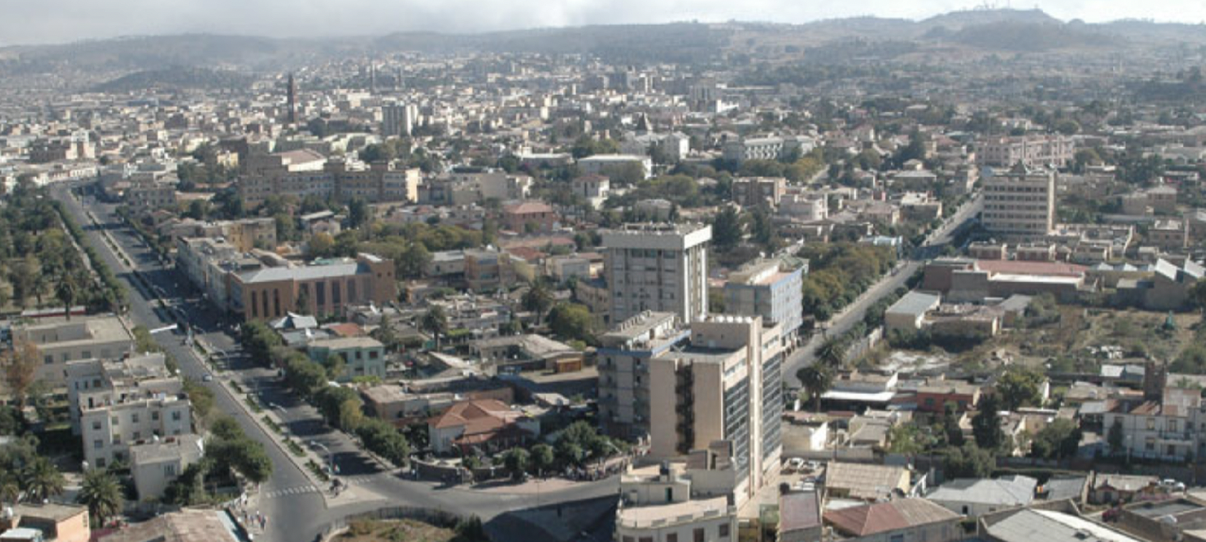
Despot of the Week
President Samia Suluhu Hassan
Accreditation:
Tanzania doesn't have an election but a crackdown disguised as democracy
Election protests erupt in Tanzania with opposition leaders jailed, disqualified
Tanzania election: Erosion of democracy will also come at the cost of economic potential
Recent Achievements:
The disappearances haunting Tanzania's election
Tanzania Opposition Leader Placed in Isolation Before Election
Maduro bolsters troop presence in Venezuela amid rising U.S. military pressure
Tanzania — from leader of Frontline States to a net exporter of authoritarianism
